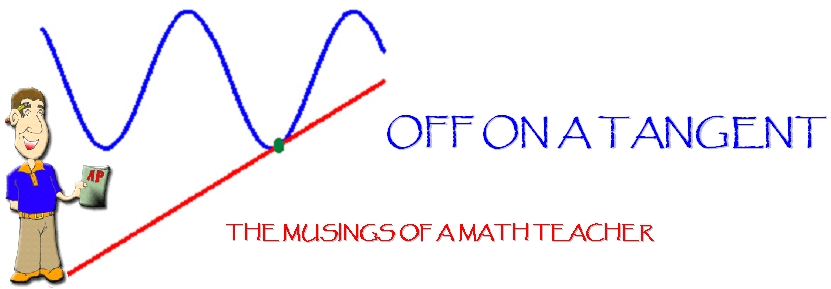 Obtaining an education has been compared to the filling of a vessel and contrasted with the lighting of a candle. Without both, however, education would be incomplete. The acquisition of a knowledge base is essential to be a productive member of society and to be culturally literate. But schools should be more that just little learning factories, making pedagogical pizza; they must help students to use their mind well and to put that knowledge into practice.
Obtaining an education has been compared to the filling of a vessel and contrasted with the lighting of a candle. Without both, however, education would be incomplete. The acquisition of a knowledge base is essential to be a productive member of society and to be culturally literate. But schools should be more that just little learning factories, making pedagogical pizza; they must help students to use their mind well and to put that knowledge into practice. Much of the specific knowledge, such as important dates or mathematical formulas, will lie dormant after schooling careers. The lighting of the candle, then, is the more valuable gift of a public education. The primary goal of schooling should be to produce graduates possessing informed respectful skepticism. Many schools include qualities similar to this in their ideal portrait of a graduate, but it is a goal that is difficult to assess, hard to measure, and therefore usually left as a hopeful by-product of education. Under the current system, the emphasis is on coverage, rather than depth, on the quantitatively measurable, not necessarily the long-term qualitative results. Due to pragmatics, the emphasis has been on exposing students to a broad spectrum of ideas, rather than a deep, rich investigation of fewer concepts. Which method produces a better graduate? By my definition, the second accomplishes the goal.
There is such a plentiful supply of cheap information in our society that it is more important than ever to teach students how to interpret what is useful and what is not. By honing respectful skepticism, post-graduates and citizens can wend their way through the false platitudes and sophistries spun by politicians. They can discriminate information given by a pandering media. They can sift through the intentions of deceitful advertisements and clever marketing schemes. They can interpret the true intentions of disingenuous officials. Schools should be about the life of the mind. Only the well-trained mind can tolerate the rather paradoxical task of respecting a wide range of ideas, while yet remaining skeptical of their veracity. Skepticism without respect becomes cynicism; respect without skepticism becomes perilous absolutism. Both are needed for a healthy democracy. As Wilson Mizner says, “I respect faith, but doubt is what gets you an education.”
I am a teacher of students, first. My MO happens to be mathematics. We teachers are at the mercy of the current educational trends that so heavily influence the bureaucracy which set the guidelines under which we perform, which can sometimes be frustrating, if not creatively inhibiting. We as teachers and parents can only do our very best under the circumstances. We can find motivation, however, in our students, whose youthful naiveté, uniqueness and diversity, beautiful but awkward dance, and energetic optimism, provide an endless supply of drama, inspiration, and reassurance.
The challenge of today’s teacher will continue to grow as our world becomes more populated, more complex, more regulated, more violent, and more refractory. We cannot afford to take our eyes off the horizon.


No comments:
Post a Comment